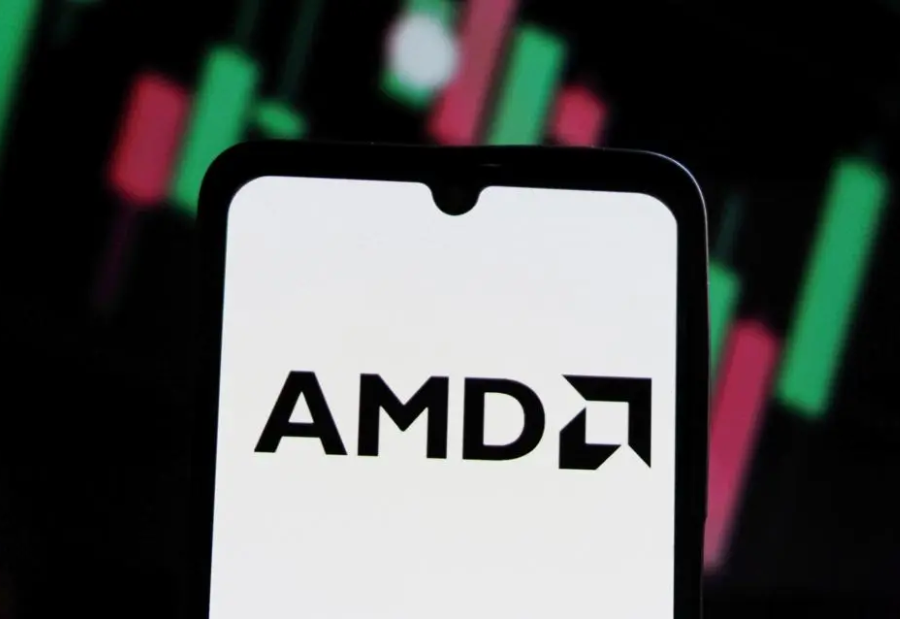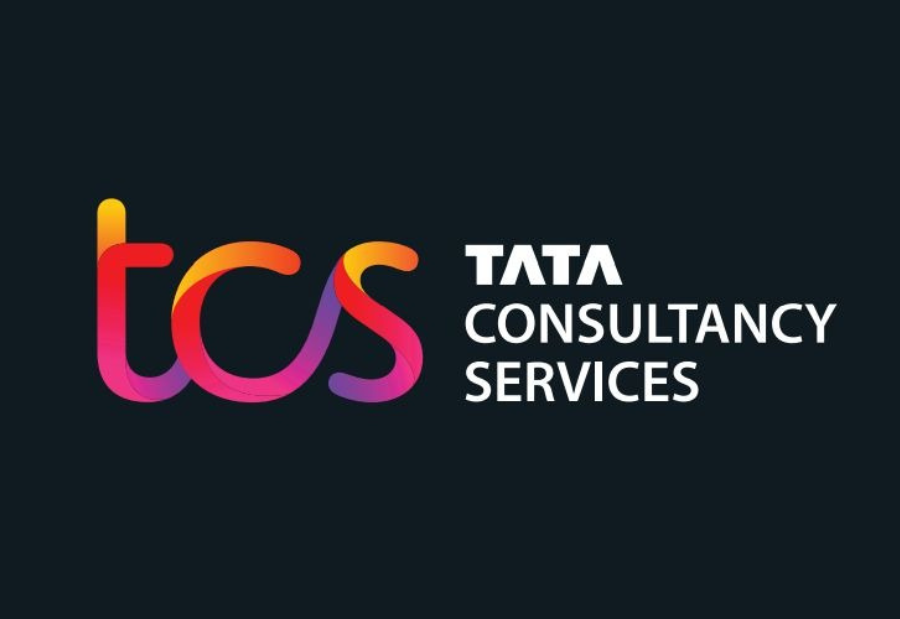Advanced Micro Devices (AMD) has announced that it will soon restart shipments of its MI308 artificial intelligence (AI) chips to China. The update came shortly after chipmaker Nvidia also confirmed that it would resume deliveries of its H20 AI chips to the Chinese market “soon”.
According to AMD, the US Commerce Department is set to resume reviewing license applications that allow shipments of AI products to China, the world’s second-largest economy. Meanwhile, Nvidia stated that it has been “assured” by the US government that licenses to sell its AI chips will be granted. Once approvals are in place, both companies plan to begin shipments.
“We applaud the progress made by the Trump administration in advancing trade negotiations and its commitment to US AI leadership,” an AMD spokesperson said.
These developments come amid ongoing US-China trade tensions. The export of advanced technology, especially AI chips, has been under tight control due to concerns about national security. The restrictions are part of broader measures initiated during former President Donald Trump’s term, aimed at limiting China’s access to critical US technologies.
Both AMD and Nvidia have been affected by these export controls. AMD had earlier estimated that the restrictions could result in losses of up to $800 million. Nvidia, on the other hand, warned that it may take a $5.5 billion hit due to limitations placed on its H20 processors.
To comply with the export rules, both companies designed the MI308 and H20 chips specifically for the Chinese market. These chips meet regulatory requirements while still offering high-performance capabilities suited for AI applications.
Amid rising concerns in the US that its chips might be used for Chinese military purposes, Nvidia CEO Jensen Huang responded by saying the Chinese military “don’t need Nvidia’s chips, certainly, or American tech stacks in order to build their military,” because “they simply can’t rely on it”. He added that China is well aware that US technology “could be limited at any time; not to mention, there’s plenty of computing capacity in China already.”
Nvidia has also announced a new RTX Pro GPU designed for the Chinese market, further indicating its intent to maintain a presence despite regulatory challenges.
As both tech giants prepare to resume their shipments, this move signals a possible easing of trade restrictions, or at least a clearer path forward for US chipmakers trying to navigate complex geopolitical and regulatory landscapes.
Also read: Viksit Workforce for a Viksit Bharat
Do Follow: The Mainstream formerly known as CIO News LinkedIn Account | The Mainstream formerly known as CIO News Facebook | The Mainstream formerly known as CIO News Youtube | The Mainstream formerly known as CIO News Twitter |The Mainstream formerly known as CIO News Whatsapp Channel | The Mainstream formerly known as CIO News Instagram
About us:
The Mainstream formerly known as CIO News is a premier platform dedicated to delivering latest news, updates, and insights from the tech industry. With its strong foundation of intellectual property and thought leadership, the platform is well-positioned to stay ahead of the curve and lead conversations about how technology shapes our world. From its early days as CIO News to its rebranding as The Mainstream on November 28, 2024, it has been expanding its global reach, targeting key markets in the Middle East & Africa, ASEAN, the USA, and the UK. The Mainstream is a vision to put technology at the center of every conversation, inspiring professionals and organizations to embrace the future of tech.




